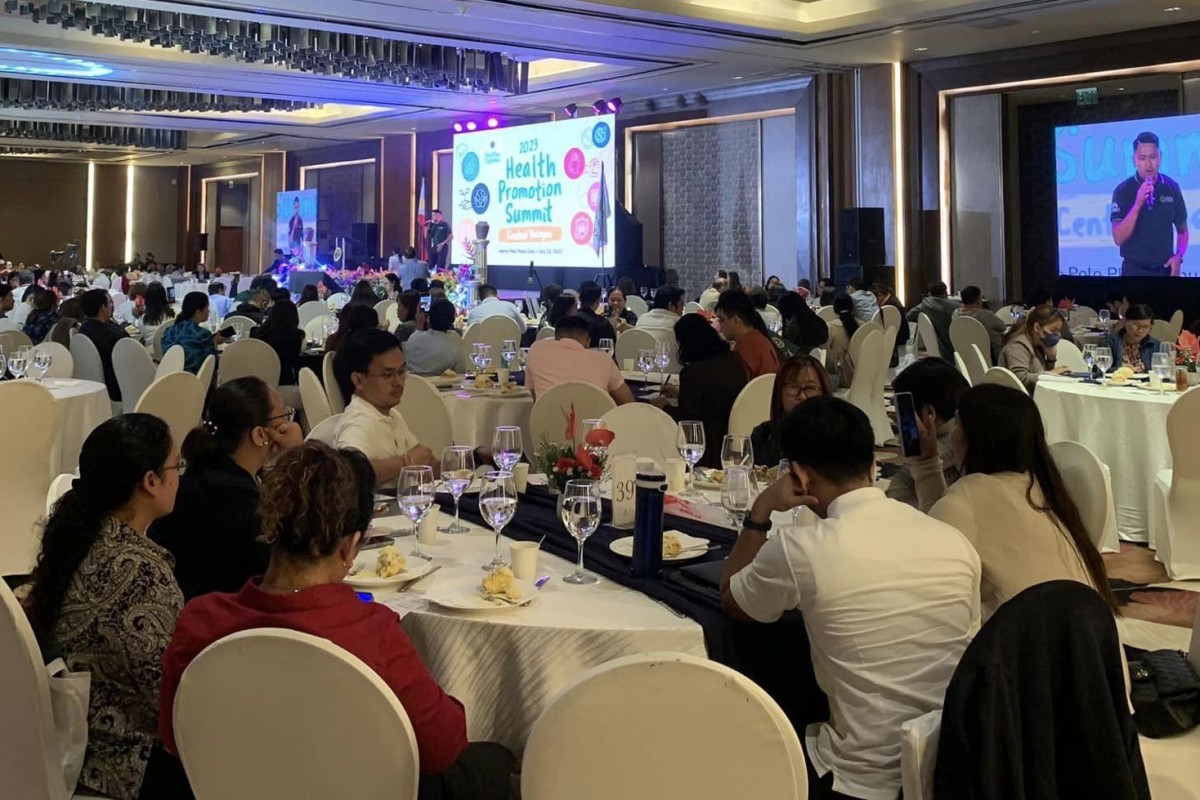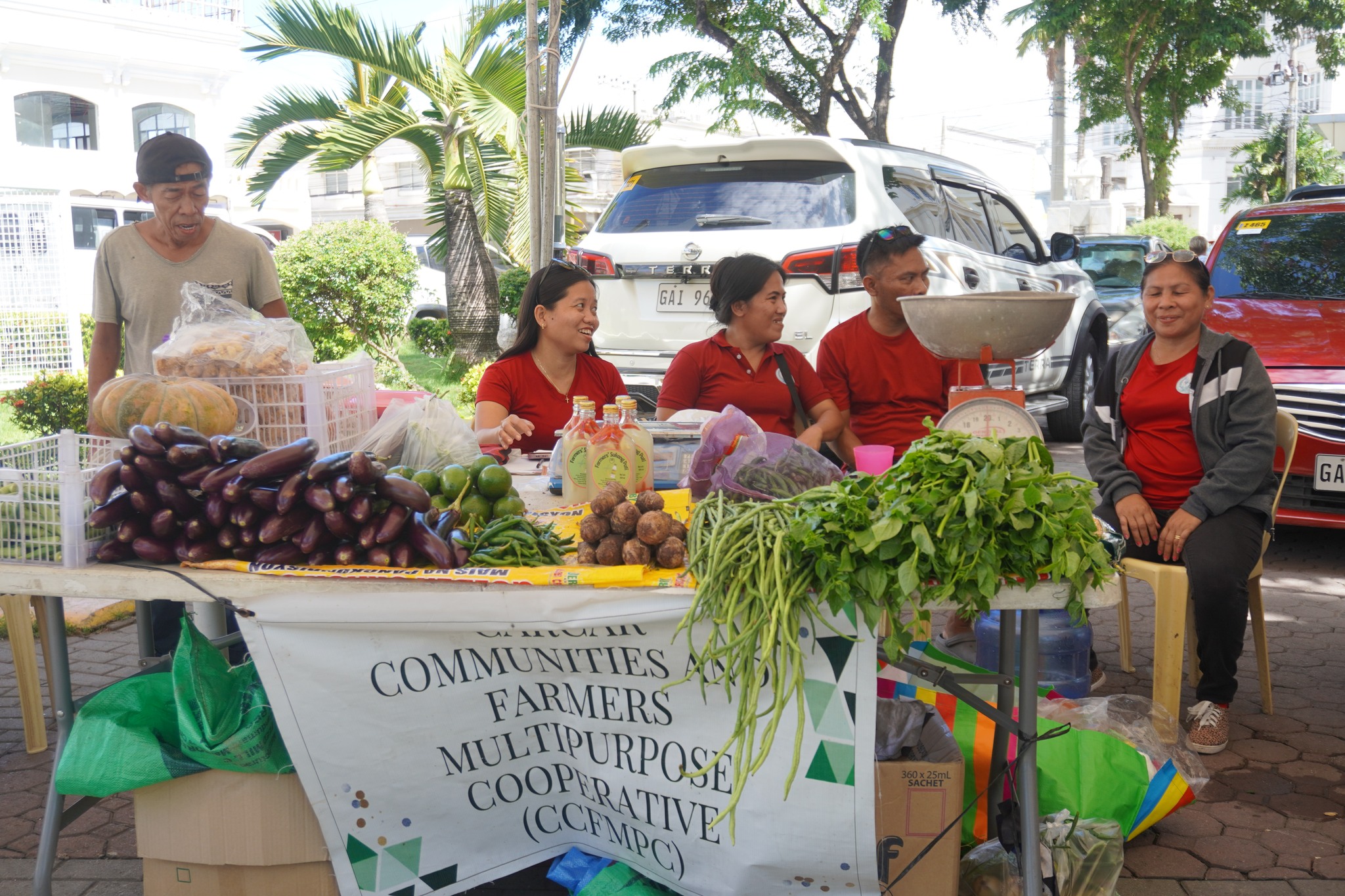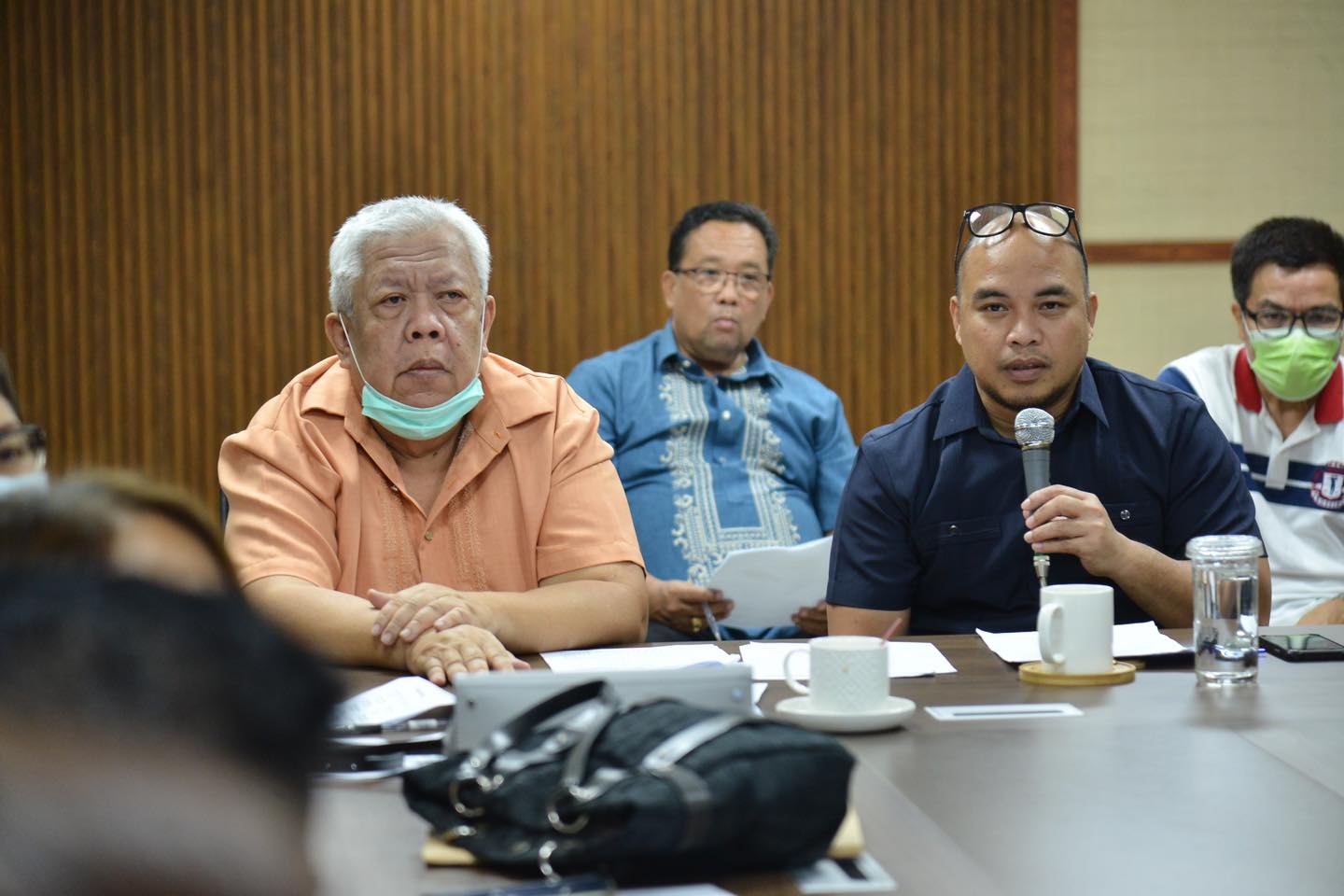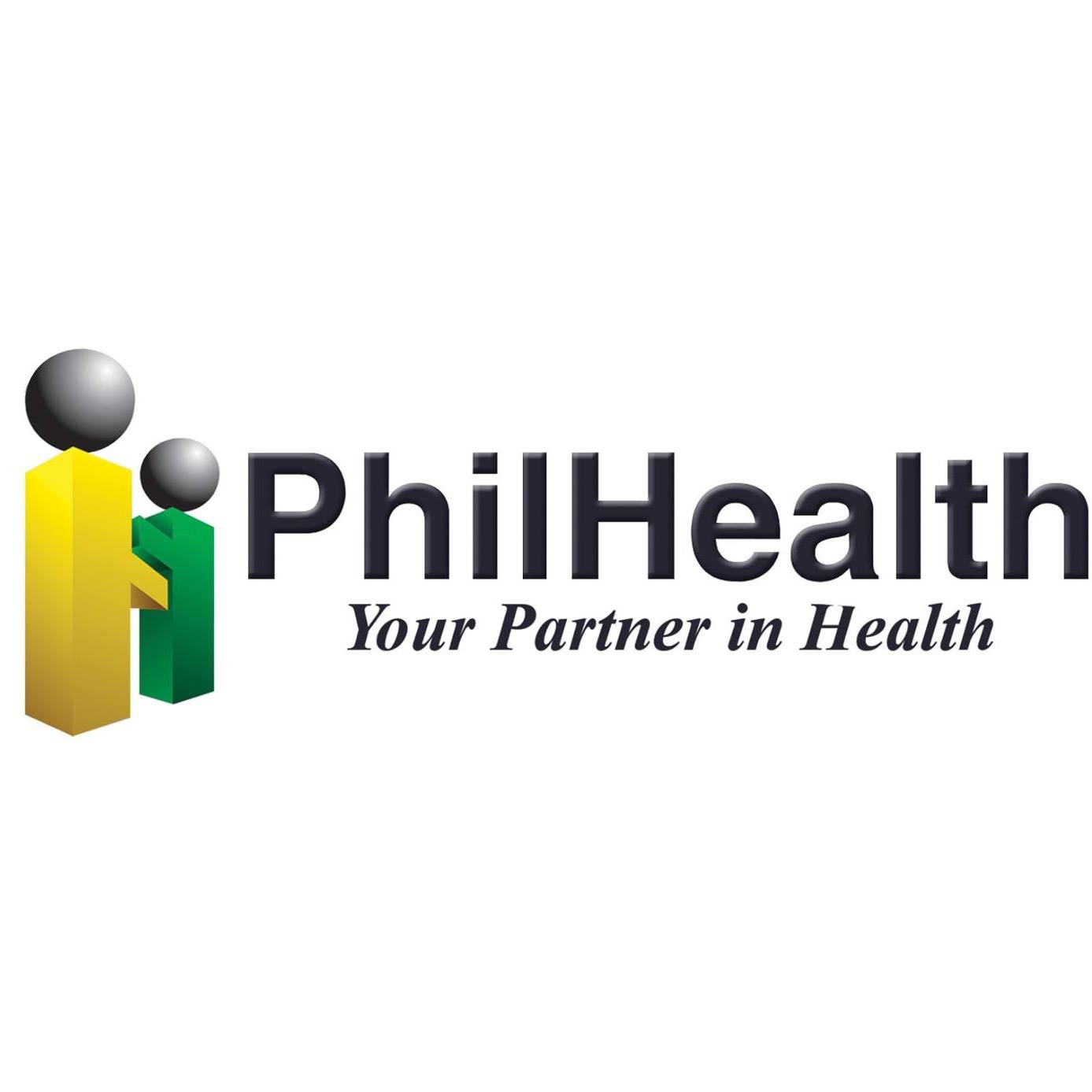The World Health Organization (WHO) is sounding the call for increased health literacy in the country amid the growing need to counter falsehoods and misinformation especially during public health crises.
During the 2023 Regional Health Summit organized by the Department of Health (DOH) on July 13, 2023 in Cebu City, Cebu, WHO Philippines Communications Officer Rocell Ann Junio Balbutin emphasized the importance of delivering “impactful health communication and the strategies to infodemic management.”
The WHO defines an infodemic as “too much information, including false or misleading information, in digital and physical environments during a disease outbreak” that may cause individual and societal effects.
Balbutin explained that the information ecosystem is characterized by a huge amount of content with varying quality.
They are produced by different entities with or without an agenda and they use algorithms to their own advantage, but have a direct or indirect effect on an individual’s cognitive, psychological, and health behavior.
She said that infodemic sprung from people’s questions, concerns, information voids, misinformation, and disinformation, which can sometimes draw the line between life and death.
“The misinformation during the COVID-19 has caused delayed response of the people to consultations, vaccines, wasted health resources and has resulted in a high number of deaths,” Balbutin said.

‘Tuob’
One of the “most exceptional rumors” that confronted DOH during the COVID-19 pandemic was the “tuob” (steam inhalation) experience.
Tuob is the practice of inhaling steam where one covers his/her head with a towel or any large piece of cloth to inhale the steam from a basin of infused water.
It gained traction and stirred controversy nationwide as a popular “alternative” treatment for mild symptoms of the disease among many Filipinos, especially those living in the rural areas without immediate access to hospitals.
DOH has asserted that tuob does not kill SARS-CoV-2, the virus that causes COVID-19. The health department deemed the practice as harmful as it may prevent COVID-19 patients from seeking proper medical attention by relying exclusively on the said treatment as a cure.
DOH addressed this by releasing a series of information, education, and communication (IEC) materials using different platforms denouncing the use of tuob as as COVID-19 treatment. The department rolled out the COVID-19 virtual pressers across the country and produced the “Alamin” (Be in the Know) card and other social media materials. Content for these fact-check materials were reviewed by the Professional Medical Societies for accuracy. They were adopted by the WHO and were also picked up by the Philippine media.
DOH saturated multiple platforms with the same message to debunk the myth, which eventually died down.

Infodemic Management
Infodemic management was one of the issues tackled by the DOH during the regional health summit, which gathered over 300 healthcare professionals, policymakers, and stakeholders from various sectors committed to promoting health and well-being from Cebu, Bohol, Negros Oriental, and Siquijor provinces.
The summit was held to strengthen capacities for implementation of health promotion programs and strategies aligned with the Health Promotion Framework Strategy.
DOH-7 Regional Director Jaime Bernadas, in his message, said the summit “serves as a platform for sharing knowledge, exchanging ideas, and fostering collaborations to advance health promotion initiatives and strategies in Central Visayas.”
He said that the COVID-19 pandemic has highlighted the urgent need for transformative measures and to ensure the provision of quality health care services to all.
The Universal Health Care Act (Republic Act 11223) mandates that the Health Promotion Bureau must ensure appropriate and strategic work on developing and implementing healthy public policy, reorienting health systems to prioritize health promotion and prevention, and increasing health literacy.
Experts in the field of infodemic management believe that health systems can potentially have more influence on answering or addressing people’s questions, concerns, and information voids.
Balbutin said infodemic interventions and infodemic management by health promotion officers can be done according to the available resources and manpower.
“Social media can contribute to the spread of misinformation but policies to counter misinformation such as requiring labels on inaccurate information can help and health promotion officers also play a crucial role in identifying this misinformation,” she said.
The WHO official added that health information must also be optimized for mobile, consistent across all channels, timestamp to reflect the evolving science, and repetitive for people to take action. (MYP/PIA7)






